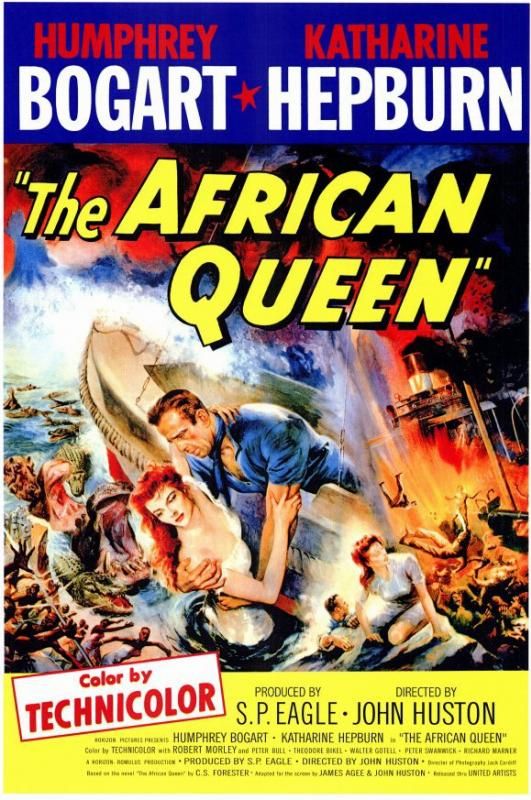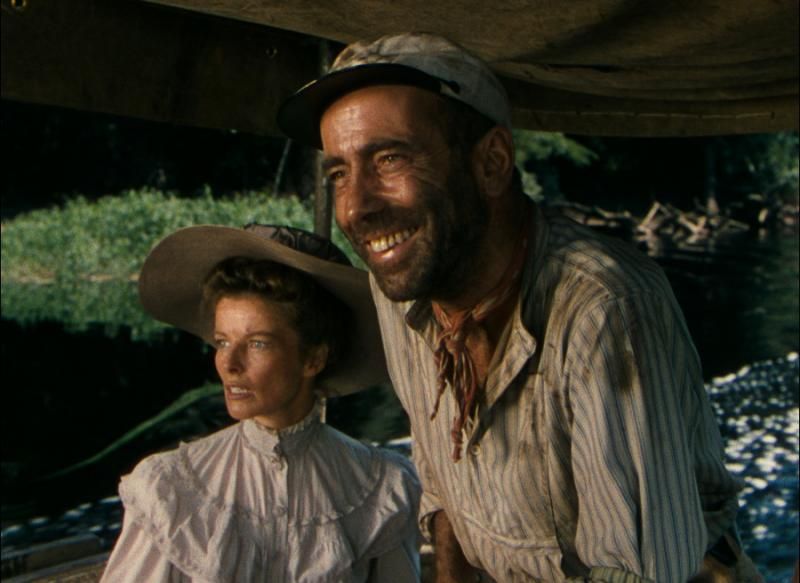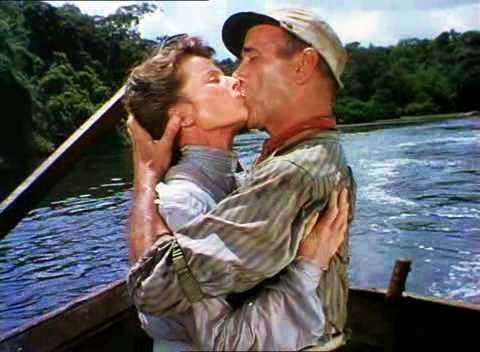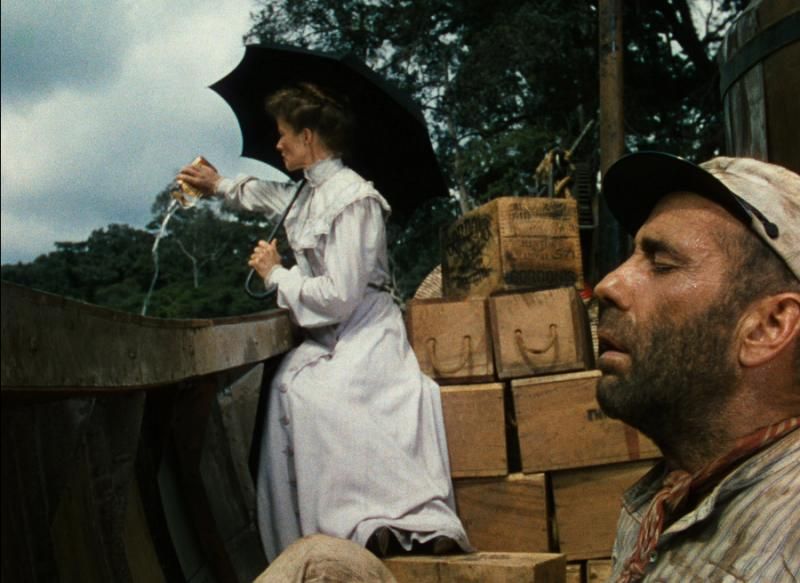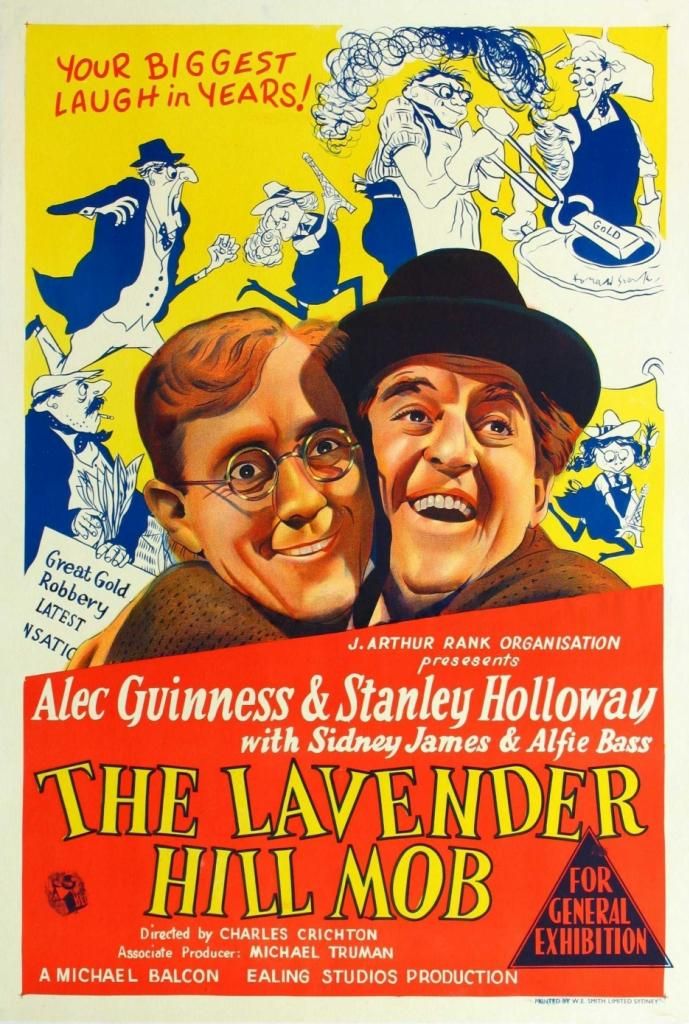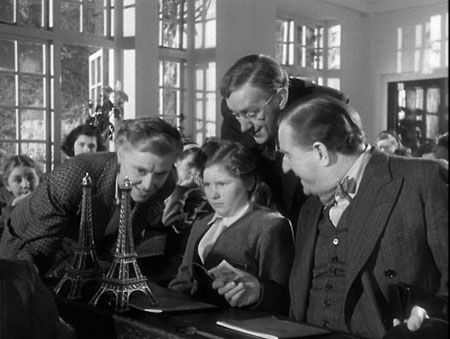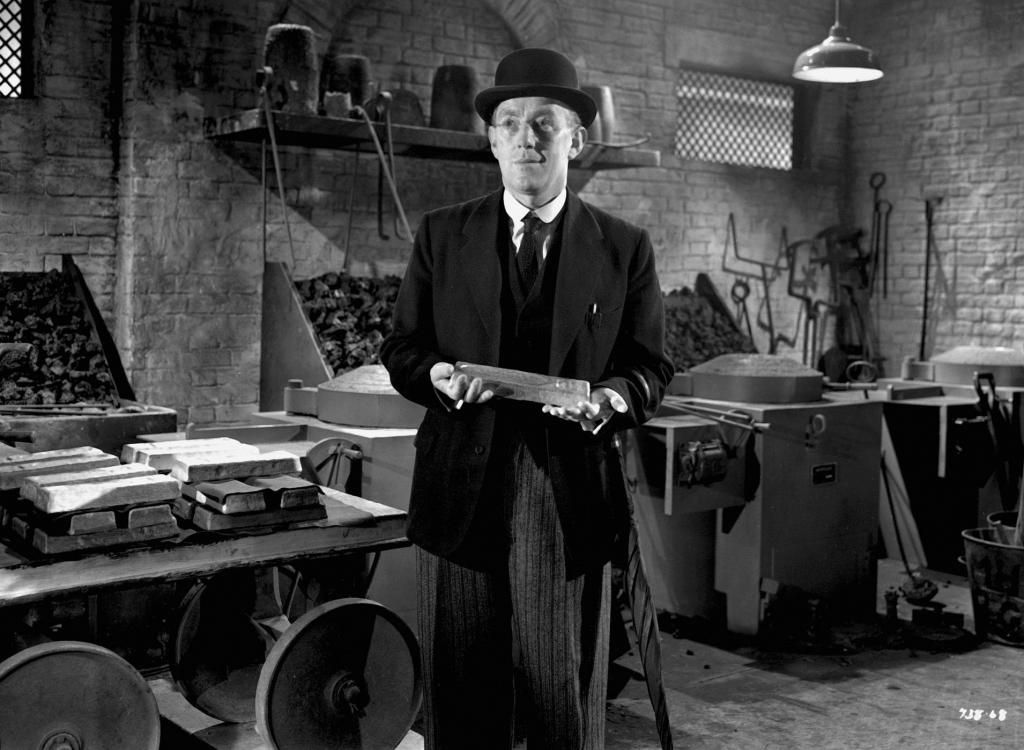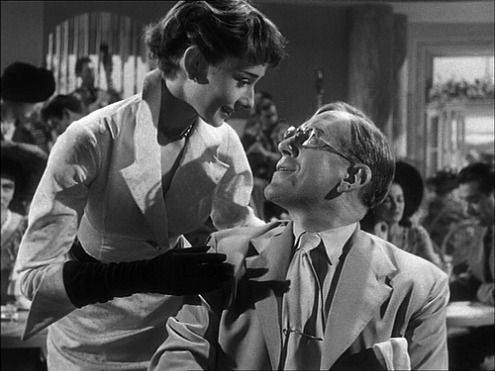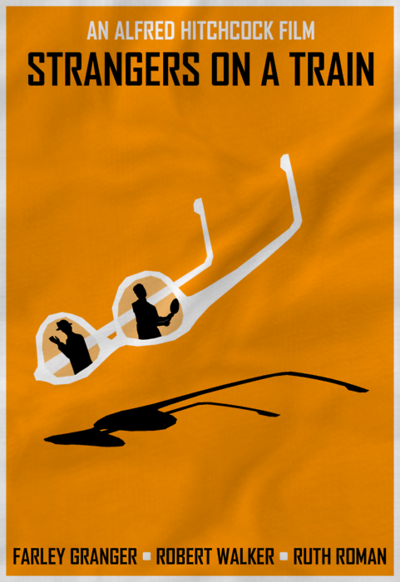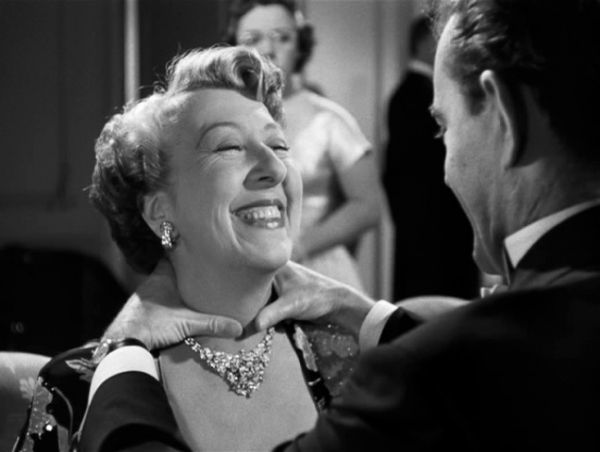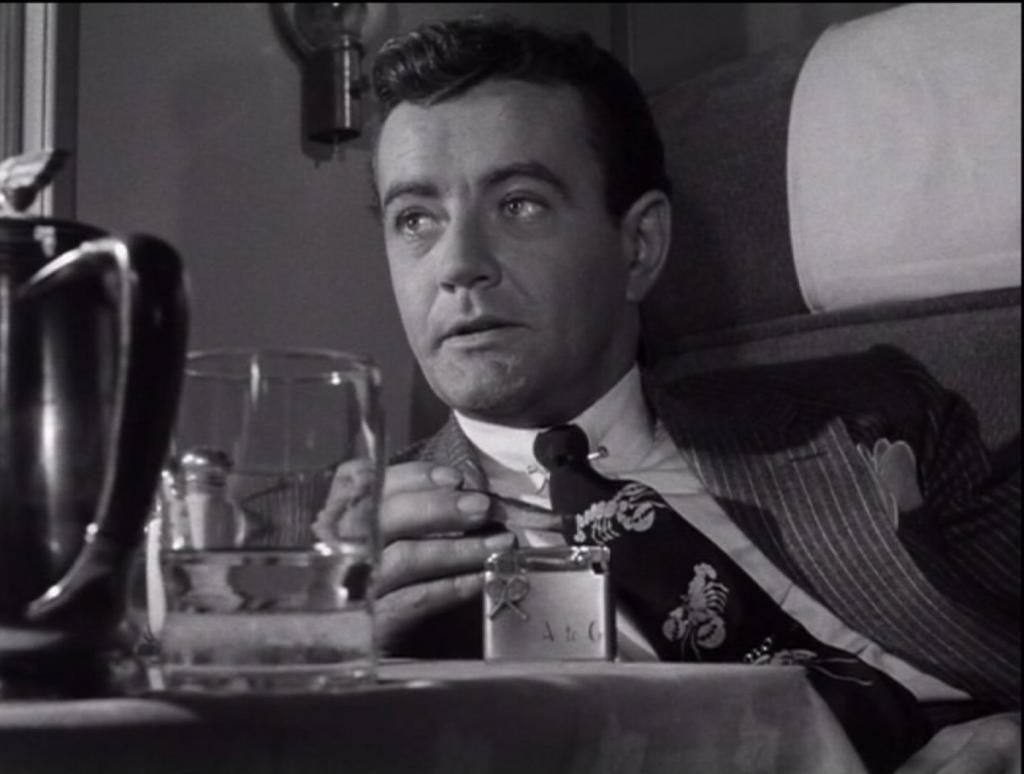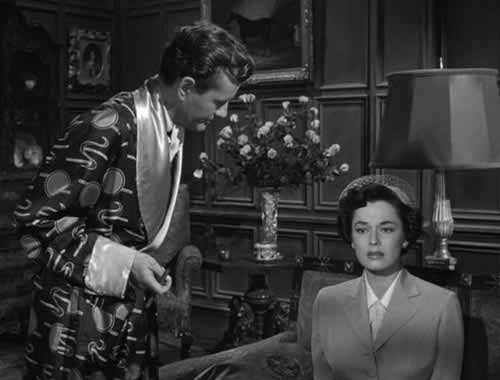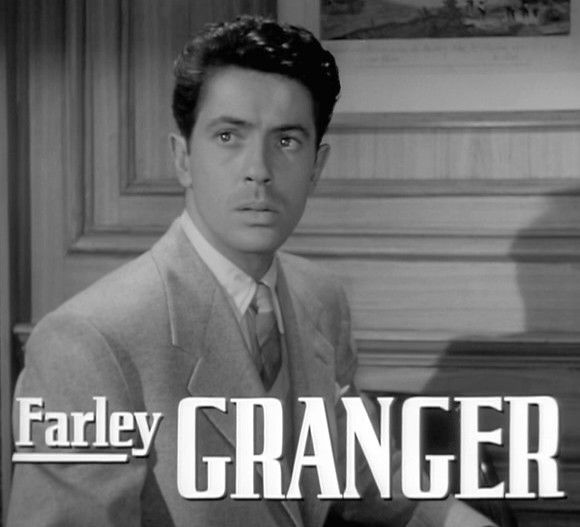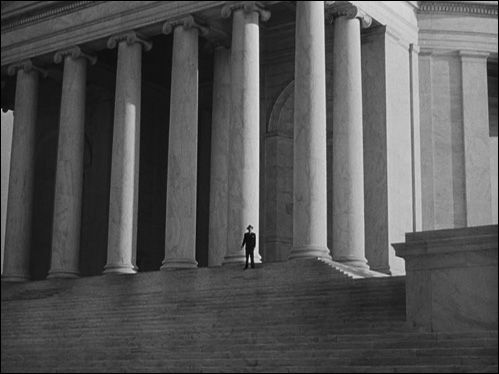An
American in Paris
1951
Director: Vincent Minnelli
Starring: Gene Kelly, Leslie Caron,
Oscar Levant, Nina Foch, Georges Guetary
Right
off the bat, I will say that An American in Paris doesn’t hold a
candle to Singin’ in the Rain. Of
course it doesn’t. Nothing does. And even I, an avowed fan of movie musicals,
admit that An American in Paris is not even close to my favorite movie
musical, nor do I think it deserved to win the Best Picture Oscar for 1951 over
A
Place in the Sun or especially over A Streetcar Named Desire. And, when considering Gene Kelly musicals,
it’s an absolute travesty that THIS film was recognized by the Academy when Singin’
in the Rain didn’t even garner a single nomination the following
year. Basically, An American in Paris
suffers from being a pretty decent musical that, frankly, got more praise than
it deserves.
But
Gene Kelly. Gene Kelly with rolled up
sleeves. Gene Kelly speaking
French. Gene Kelly cures a great number of
my ills. And it’s an MGM musical, with
some pretty darn staggering set pieces. So
you know what, I still like An American in Paris.
Jerry
Mulligan (Kelly) is a struggling street artist living the poor bohemian life in
post-WWII Paris with friend and struggling pianist Adam (Levant). Enter rich heiress Milo (Foch) who takes an
interest in both Jerry’s art and Jerry himself, and makes an offer to Jerry to
be a kept man. Jerry’s hard up for
money, and seriously considers it – after all, Milo’s not too bad. Problem is, Jerry also just met Lise (Caron),
a young ingénue who completely swept him off his feet. But Lise isn’t exactly unattached; in fact,
she’s engaged to one of Jerry’s good friends, Henri (Guetary), Jerry just
doesn’t know that yet. How on earth will
this complicated entanglement of love and lovers ever possibly resolve itself?
My
biggest problem with An American in Paris lies not with
the fact that it garnered more awards than it probably should have, or that it
indirectly lead to Singin’ in the Rain being shut out come nomination time. No, my big problem with An American in Paris is
in its story. It’s a bit sordid, a bit
seedy, and it never quite gels. Do I
need my musicals to have perfect or completely moral stories? No, I don’t (Cabaret is pretty awesome
and certainly not G-rated), but in An American in Paris, it’s as if the
film cannot decide which way it wants to swing with regard to its
characters. Is Jerry a wholesome
do-gooder or is he a desperate playboy?
Is Milo a cunning cougar or honestly in love? I wind up feeling sympathy for characters
that the film tells me I shouldn’t like, and I dislike the characters who are
clearly meant to be the heroes. In other
films, I embrace this sort of role reversal because it was obviously intended,
but in An American in Paris, this is more down to poor character
development than any sort of intended moral ambiguity. I just can’t sympathize as much as the film
tells me I’m supposed to with Jerry’s plight – wealth and riches or honest
love? – especially when it comes at the expense of peripheral characters who I
rather like. Even when I first watched An
American in Paris when I was a wee child who absolutely adored MGM
musicals, this one never sat well for me and I seldom, if ever, asked my parents
to rent it again. I liked the lovely
dancing and the gorgeous setpieces, but the plot never worked the way it thinks
it does.
Now,
having said all of that, I still like An American in Paris, and that’s
because 1) Gene Kelly 2) Gene Kelly dancing 3) incredibly colorful dance
sequences 4) Gene Kelly 5) an amazing ballet finale and 6) Gene Kelly speaking
French.
Yeah,
I have a thing for Gene Kelly.
No,
not a thing. A full on, hardcore crush
that has been raging for years and will continue to burn with the heat of a
thousand flames for the rest of my life.
We’re talking number one or number two in my all-time crush list. All time.
Top Two. The man simply does
things to my ovaries. Like exploding
them all over the nice wallpaper.
And
man, is he on form in An American in Paris.
We
first get the lovely little opening scene where he opens and closes trick
contraptions in his tiny little Parisian studio apartment, indirectly showing
off his keen sense of choreography and physicality. Then we get Gene Kelly being goofy and silly
with Oscar Levant. Then we get Gene
Kelly singing “I Got Rhythm” with a group of French children, and I honestly
don’t think I can handle how utterly adorable he is. Then he pulls out his classic “falling
hopelessly in love” bit and I melt. I
utterly melt.
 |
| Stop it. Just stop it. You're killing me. |
He’s
just.
I
mean.
So
handsome.
I
can’t.
 |
| Added for obvious reasons. |
When
Gene Kelly dances, the world stops spinning to wait until he’s done. I am entranced, utterly fascinated, with the
way he can make his body do things with what appears to be little to no
effort. He’s so smooth and despite the
athleticism that he is rightly remembered for, it’s the grace he has that makes
him my favorite performer from the era of movie musicals. Yes, he does all this absolutely staggering
choreography, but he makes it seem so easy.
One of my favorite parts of any Gene Kelly musical is when he dances
with a partner, because it is here that his talent is most evident. A dance partner, any dance partner, really
shows me how amazing he is, because despite his best efforts to make the dance
a true partnership, Kelly always manages to shine. I can’t take my eyes off him, not for a
second, and he just puts everyone he dances with to shame. If it’s a tap dance sequence, Kelly is
smoother, less stilted with his movements.
If it’s a slow dance, a romance, Kelly is more effortless. If it’s a wild and crazy dance, Kelly commits
more. His talent was so immense, there
was simply no containing it, even when he tried. I can’t tear my eyes away from him when he
dances. This is true star quality.
And
then there’s the final ballet sequence.
I
will say, right here, right now, that if movie musical ain’t yo thang, that
final ballet sequence must be rather interminable to sit through. Sixteen uninterrupted minutes of film that
doesn’t speak to you in any way doesn’t sound like fun to me either.
Thing
is, though, that ballet sequence IS my thing.
To me, it’s the highlight of the entire film. It’s an extraordinary capper to a film whose
story fails to completely captivate me; the extended dance sequence ends the
experience on an incredible high note.
The
film fantasy to end all film fantasies, the sets, costumes, and choreography
are all astounding. When it is combined
with Leonard Bernstein’s incredible score, you have filmmaking that wins all
around for Siobhan. I adore how clever
the different styles represent different French painters. It’s art, plain and simple, art put to
film. (and there are worse things in
life than Gene Kelly in a skin tight dance costume during the Toulouse Lautrec
sequence.) And has Technicolor ever
gotten a better workout than in this sequence?
It’s simply extraordinary. To me,
it is easily the highlight of the entire film (and even those who don’t enjoy
must admit that it gave Gene Kelly a chance to contemplate how to set up the
amazing ballet sequence in next year’s Singin’ in the Rain).
I
would never count An American in Paris amongst my favorite film musicals, but
it’s not a bad musical either. Gene
Kelly is definitely on his game here, in full on ovary-‘sploding mode, and the
dance sequences are fantastic. The story
is weak, but the production value is strong.
Whenever I feel the need for a Gene Kelly fix (which is pretty darn
often), there are far worse options I can reach for (Summer Stock,
anybody? Which I still rather like) than
An
American in Paris.
Arbitrary
Rating: 8/10. Because Gene Kelly
reasons.






